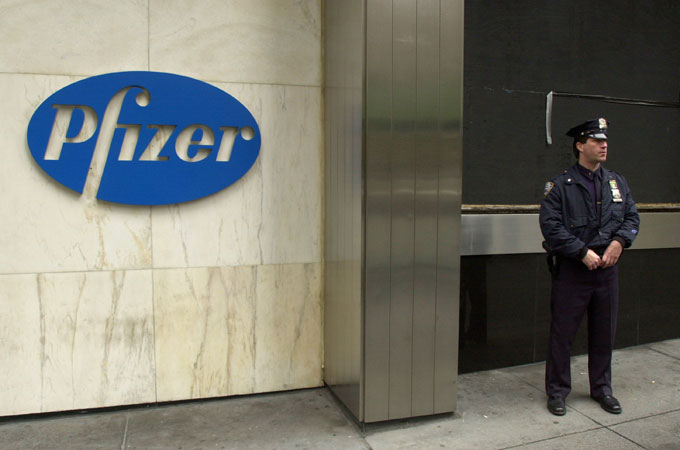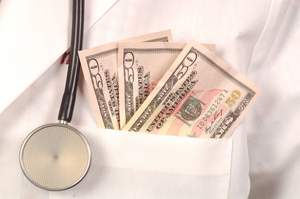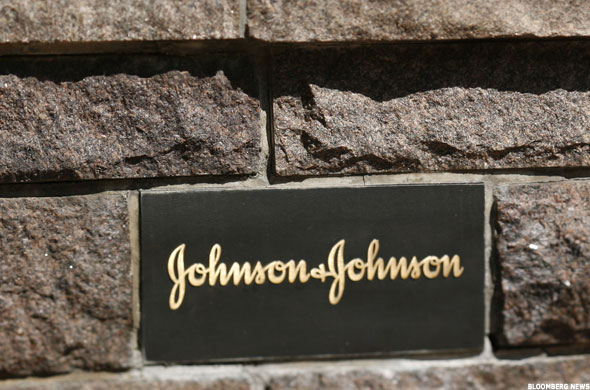
Psychiatric disease labeling of children exposed as scam by non-profit group
Child drugging has been a huge profitable market for Big Pharma, earning them $4.8 billion dollars a year. They have done everything in their power to convince the press, legislators and especially parents why children need to be put on drugs. They claim that ADD/ADHD, depression, bipolar disorder, etc., are medical conditions, and consider them on par with cancer, diabetes, and heart disease. But in reality there is no actual evidence that proves that psychiatric disorders are indeed medical conditions. They simply diagnose a child by using a behavioral checklist.
There are 20 million children in the United States who have been diagnosed with some kind of psychiatric disorder and drugged for it. It’s practically an epidemic. Innocent children are being turned into patients for simply acting like kids.




